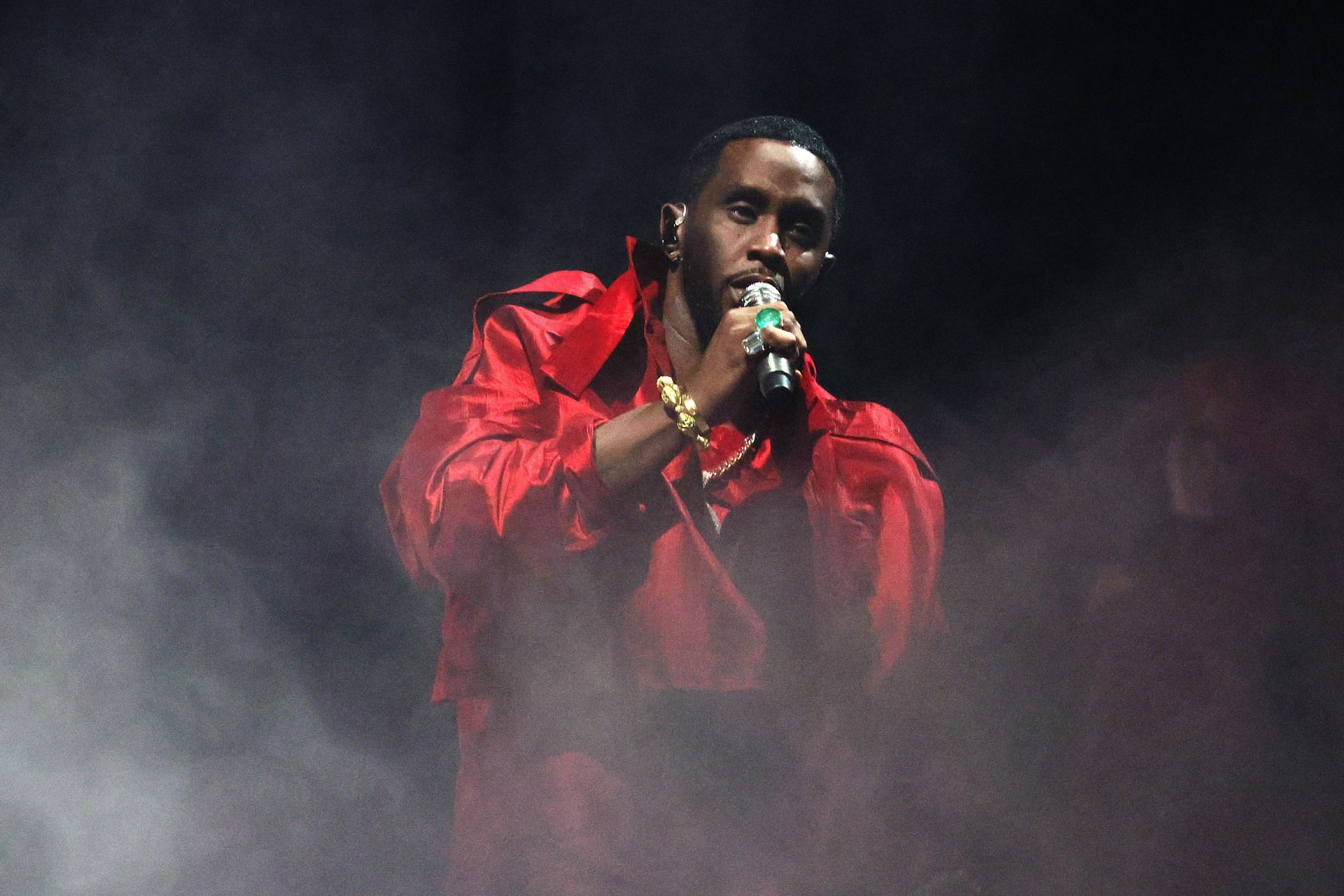What is jury sequestration? Legal experts divided on whether Diddy's verdict will be influenced by media and the internet

Several legal experts weighed in on how the jurors' decision might be influenced by social media and the internet as Sean "Diddy" Combs' sex trafficking trial slowly moves towards its conclusion. Diddy's trial has been highly publicised by both the media and the internet, and legal experts believe the varying opinions could taint the jury's decision regarding a verdict.
This came after the jurors sent a couple of notes to Judge Arun Subramanian during the first day of deliberation on June 30, 2025. The first note stated that one of the jurors was not following the judge's instructions, which he imparted to them ahead of deliberation.
In an article published on Fox News on July 1, lawyer David S. Seltzer opined that sequestering the jurors might have helped them maintain a clear mind during deliberation.
For the uninitiated, "jury sequestration" is a legal term used to refer to the process of isolating a jury during a trial to obstruct them from being influenced by external factors. This includes housing all jurors in a hotel during the entirety of the trial and ensuring they have limited access to phones, newspapers, televisions, and social media.
Speaking to Fox News, Seltzer continued:
"I don’t see how people are not influenced by outside factors. We live in a technology world where everyone wants their information now. I know the jury was instructed not to read anything, but I don’t think that was realistic given the length of the trial. I have been saying from day one that it is impossible to tell people to stay off media and/or computers for six weeks-plus, when people are addicted to their devices. I think the court is relying on the admonishment, but respectfully turning a blind eye."
Meanwhile, Paul DerOhannesian, an Albany-based attorney, told Fox News that jury sequestration was done during high-profile trials, citing the trials of Casey Anthony and O.J. Simpson, to prevent jurors from being swayed by the media.
However, Los Angeles attorney John J. Perlstein argued that jury sequestration was unnecessary unless for safety concerns, adding that the jurors were given clear instructions not to engage in anything regarding the case outside the courtroom. But he also admitted that it was "naive to believe that jurors universally adhere to these instructions and not read up on the situation they find themselves in."
Diddy's fate rests in the hands of the 12-person jury
After several weeks of hearing witness testimonies about rapper Diddy's alleged crimes, his fate now rests in the hands of the 12-person jury. On June 30, jury deliberation began after Judge Arun Subramanian gave the jurors detailed instructions to help them reach a verdict.
One hour into the deliberation, the jury sent a note, with the foreperson explaining that they had problems with Juror No. 25.
“We have a juror, No. 25, who we are concerned cannot follow your honor’s instructions,” the note read.
After conferring with the prosecution and the defense, the judge replied with a note asking the jurors to resume deliberation and reminded them of their duties. The note read:
“I received your note. I remind every juror of their duty to deliberate and their obligation to follow my instruction on the law. With that instruction in mind, please continue deliberating.”
Following this, the jury sent another note, this time asking about controlled substances. The note asked the judge if a person handing over controlled substances at the request of another person is considered a "distributor." The judge replied that the jury will receive an answer to its question on July 1.
For context, the prosecution has accused Diddy of distributing drugs as part of his alleged racketeering charge. Two of Diddy's former girlfriends, Cassie Ventura and Jane, have also testified that they used copious amounts of drugs during the "freak offs" or "hotel nights."
Juror dismissed over concerns of "candor"
In other news, one of the jurors was recently dismissed over questions about his "candor" regarding his living situation. According to The Guardian, Juror 6 had previously claimed he resided in New York during jury selection.
However, he reportedly told a court staffer he lived in New Jersey weeks into the trial. For context, the latter would render him ineligible to be a juror in a Manhattan trial. On June 16, Judge Arun Subramanian dismissed the juror, a middle-aged Black man, saying:
“Taking these all together, the record raised serious concerns as to the juror’s candor and whether he shaded answers to get on and stay on the jury."
The defense heavily contested his dismissal, alleging Diddy might be “severely prejudiced” if the juror was dismissed. A middle-aged white man from Westchester replaced the dismissed juror.
In other news, Diddy stands to face life in prison if convicted of his more serious charge, the racketeering count. During closing arguments on June 27, the defense claimed that Diddy was "innocent" and not a "racketeer," urging the jury to make the right decision and "return him to his family."
It is unclear how long jury deliberation will take at the time of writing this article. The jury must reach a unanimous decision for a conviction.




